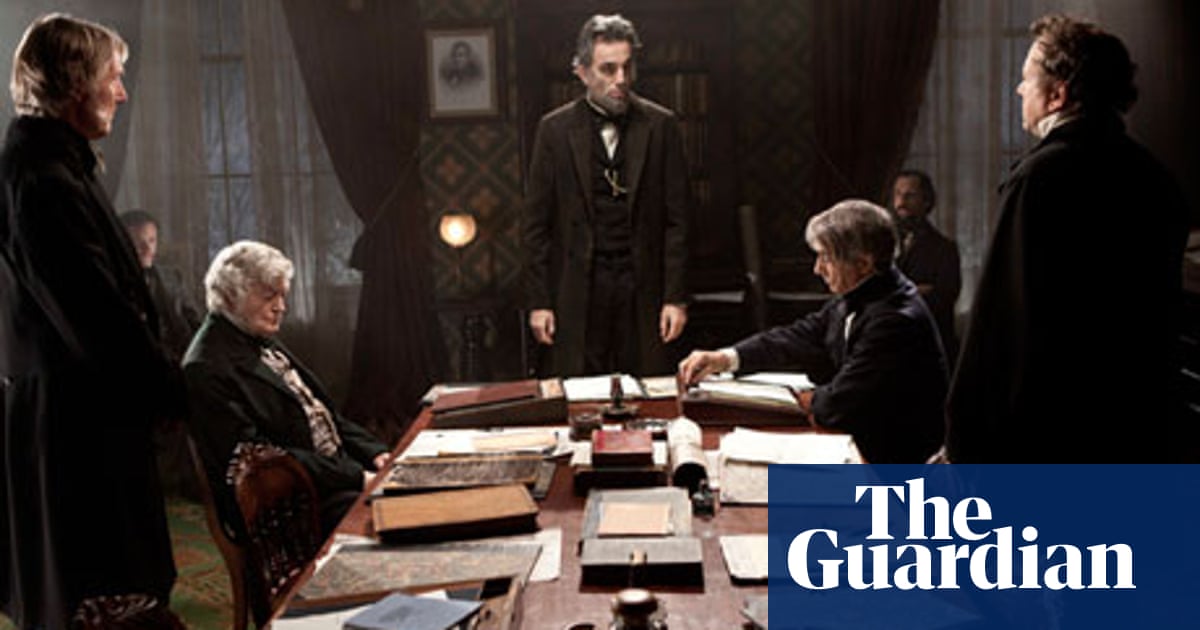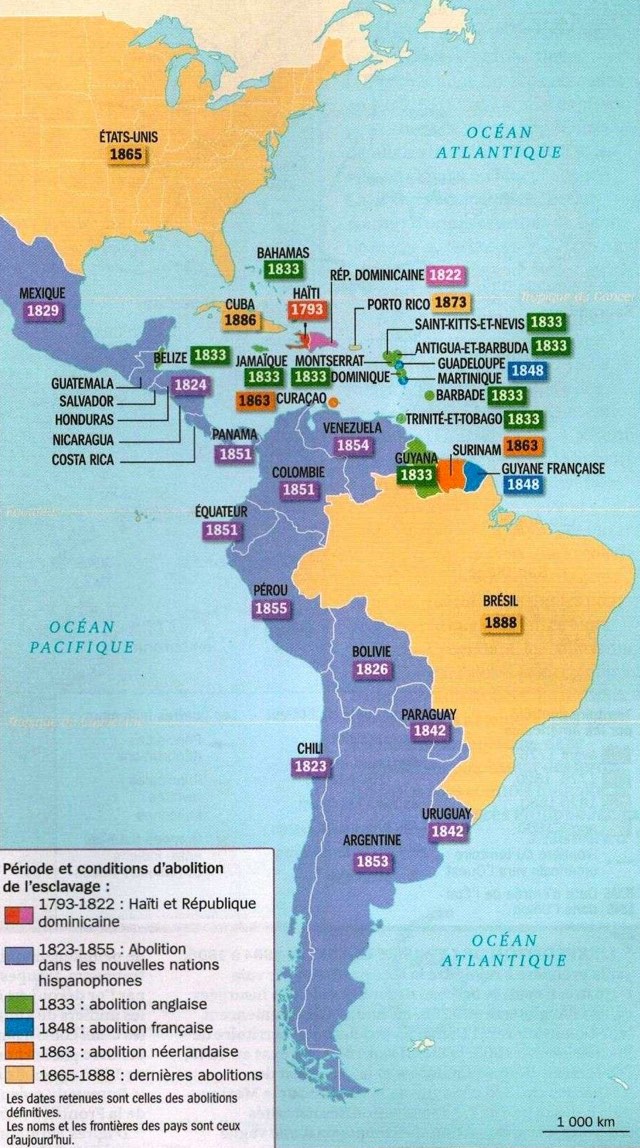WI no Nat Turner and Virginia decides to abolish slavery in he 1830s?
Kentucky and North Carolina might join them as could Maryland and Delaware.
Eventually, maybe facing competition from Free sources of Cotton in Egypt and also the impact of Boll Wevil other states follow and a 13th Amendment passed by say the 1880s.
Would former slaves and their dependents get rights including political rights. If so when
Kentucky and North Carolina might join them as could Maryland and Delaware.
Eventually, maybe facing competition from Free sources of Cotton in Egypt and also the impact of Boll Wevil other states follow and a 13th Amendment passed by say the 1880s.
Would former slaves and their dependents get rights including political rights. If so when



